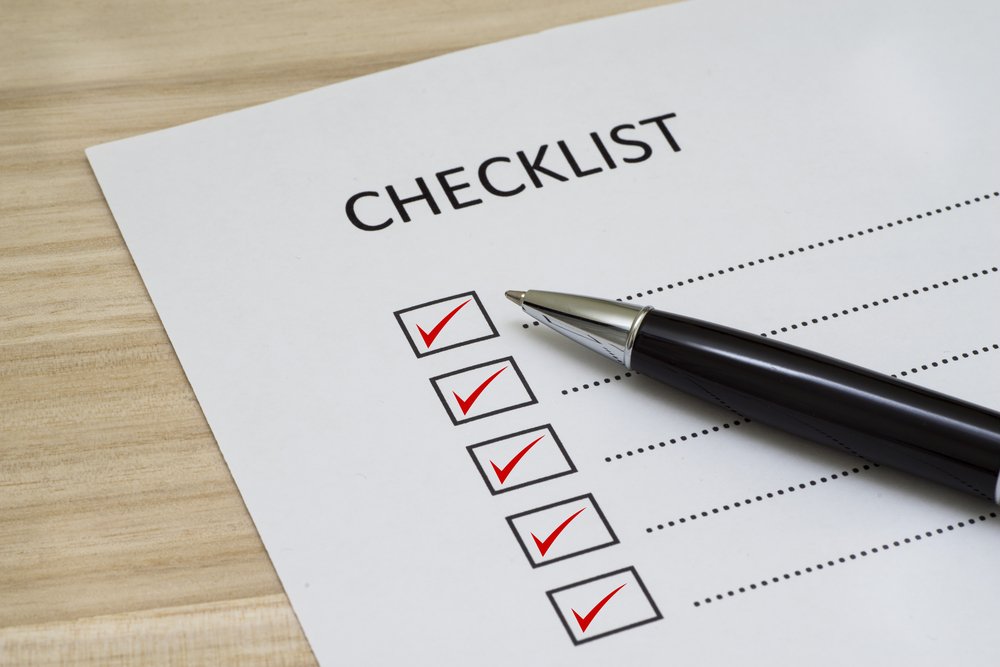Checklist: Factors to Consider in Selecting a Nursing Home
Choosing a nursing home for a family member can be one of the most difficult decisions anyone ever has to make. The fact that a loved one needs to move to a nursing home means that he or she is in a vulnerable state and will be dependent on the care provided in the facility. The following considerations should help choose the best facility in an unfortunate situation:
Posted on August 14, 2017

1. Facility Certification and Financial Matters: Is the facility certified by Medicare and Medicaid? How long has the facility been certified?
2. Specialty Care Available: Does the facility have an Alzheimer’s unit or other special care area restricted to patients with special care needs? Is the specialty unit separated from other areas of the facility?
3. Location: How convenient is the location to family members and friend? What are visiting hours? Location is important, because it can affect how often the patient is visited by family and friends. Frequent visits generally will improve the patient’s mental and emotional well being, as well as ensure that quality of care issues can be addressed as problems arise.
4. Physical Consideration: Is the facility well lit, clean, safe, and welcoming? What diagnostic treatment facilities are available at the facility? What bathing facilities are available and how is bathing handled when the person needs assistance?
5. Staffing: What is the ratio of staff to residents during each shift?
6. Mental & Emotional Well Being of Patients: What kind of activities are planned each day for the residents? A good activities program should have regularly scheduled events, such as a weekly movie or musical event (even if it is just a “sing along” ), religious services, physical exercise activities (exercise classes or even dancing), bingo, educational classes, and other social events. Is there a library available for residents with large print and audio books? Is there a small for “store” for purchasing personal items, such as shaving cream, hair care products, and snacks? Is there a safe place for residents to enjoy outdoor areas, such as an enclosed garden? Are plants, pets, and other natural elements added to the residents’ environment? Are residents taken to special community events and cultural activities?
7. Room Sharing and Furnishings: Will the resident share a room and/or a bathroom with one or more other residents? How are roommates and rooms selected? If the resident is dissatisfied, can roommates be changed and how is that accomplished? Can the resident bring some of his or her own furniture?
8. The Resident’s Care Plan: Individual care plans must be implemented with each resident. How often is the care plan reviewed and changed? What is the protocol for handling problems? A resident of a nursing home must be under the care of a licensed physician. The physician must evaluate the resident’s needs and prescribe a program of medical care, including therapy, diet restraints, and medication.
9. Employees: How are employees selected? How are employees screened for drug use, criminal records, and other potential problems? What is the turnover rate for skilled employees? What is the turnover rate for employees who perform ancillary services, such as meal preparation and financial record keeping?
10. Physician: If there is a physician that is used by the majority of residents, what are her qualifications? How often is the doctor on premises? What is her bedside manner with residents?
11. Meals: Are meals served in a communal dining room or is each resident brought her meal in her room? If communal, how are tables assigned in the dining room? How long does it take for a meal to be delivered to a bedridden resident? How does the food taste and how is it presented to the resident? Is there a means of heating food that has become cold?
12. Admission Requirements: What financial information will the facility require during the admissions process? Can the patient or his representative have copies in advance of all admissions documents and contracts for review? How long does the process take?
13. Cost of Care: What is included in the cost of care? How are “extra” items billed? Can laundry be taken off premises and does this save the resident some costs? How are prescription drugs handled? What is the cost difference between a private room and a semi-private room?
14. Transportation Services: If required non-emergency medical services are not available on premises (such as dialysis), how is transportation arranged? What about transportation to other places, such as local stores and religious services?
15. CareScout.com: Check out the state surveys of the facilities and customer satisfaction surveys available at www.carescout.com.
More from our blog…
What You Should Know About Long-Term Care
Research shows that roughly one in seven adults aged 65 or older will need long-term care at some point in their later years. Meanwhile, tens of millions [...]
Understanding Medicaid: What Does Medicaid Cover?
In the complex and frequently changing landscape of health care in the United States, Medicaid stands out as a vital program. Since 1965, it has [...]
Elder Financial Abuse: How an Elder Law Attorney Can Help
Elder financial abuse is a significant issue affecting many older adults nationwide. It involves someone exploiting or misusing an older person’s finances or assets for [...]
Does Medicare Cover Prescription Weight Loss Drugs?
Americans have a growing appetite for prescription drugs such as Ozempic, Wegovy, and Mounjaro. Originally developed to treat Type 2 diabetes, they are now exploding [...]
Recent blog posts

FREE WEBINAR
5 Things to Know About
Estate Planning
When You Turn Sixty-Five





